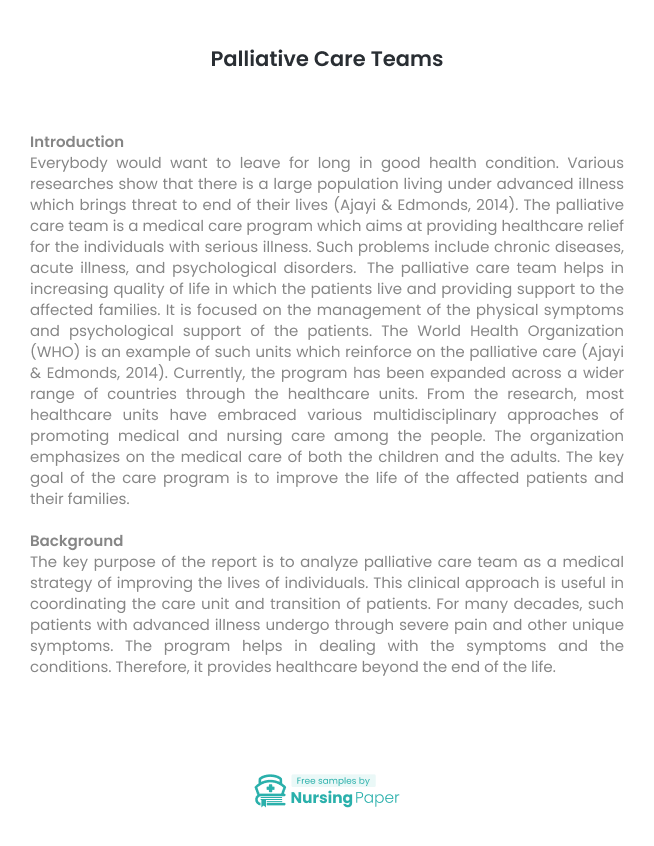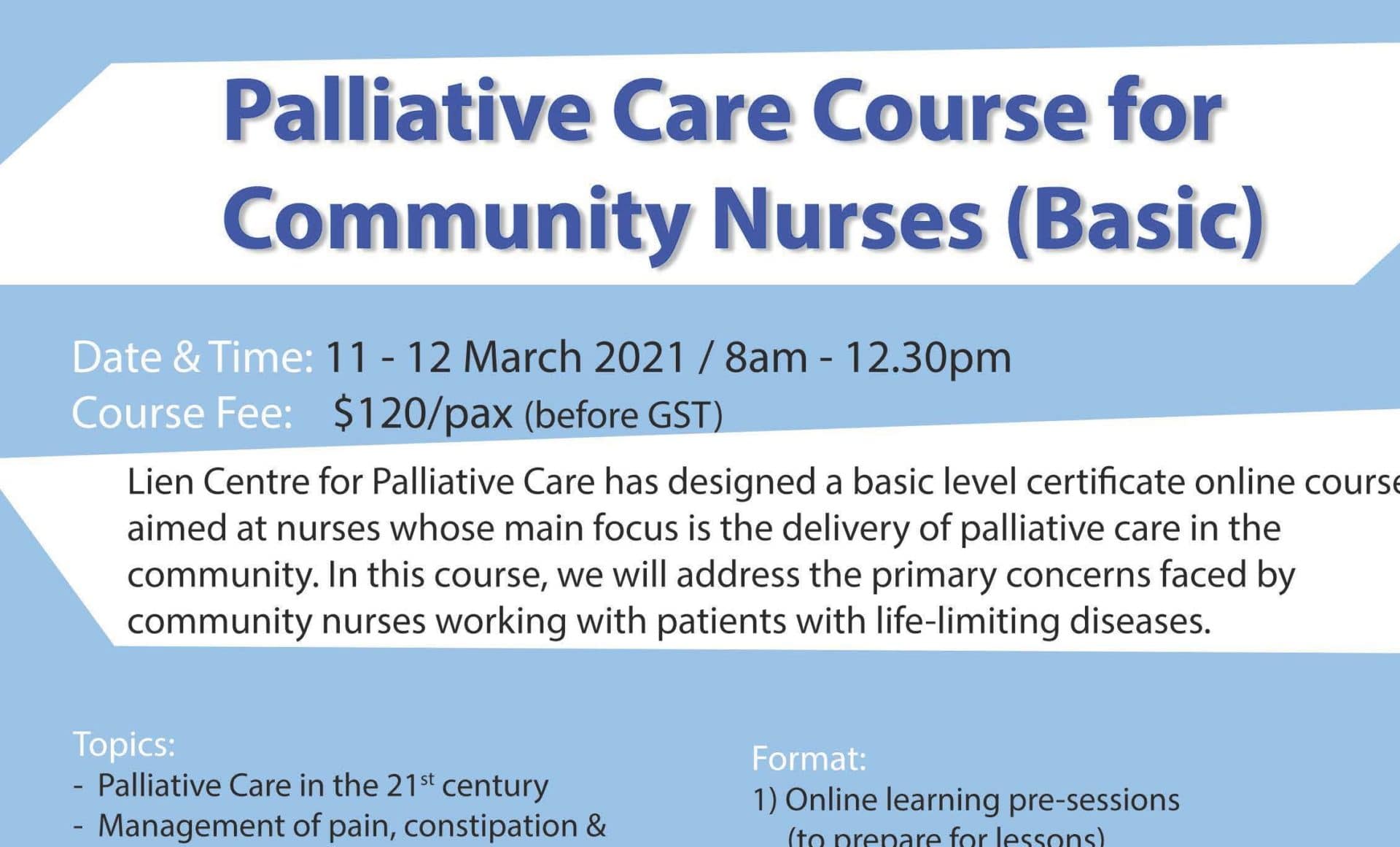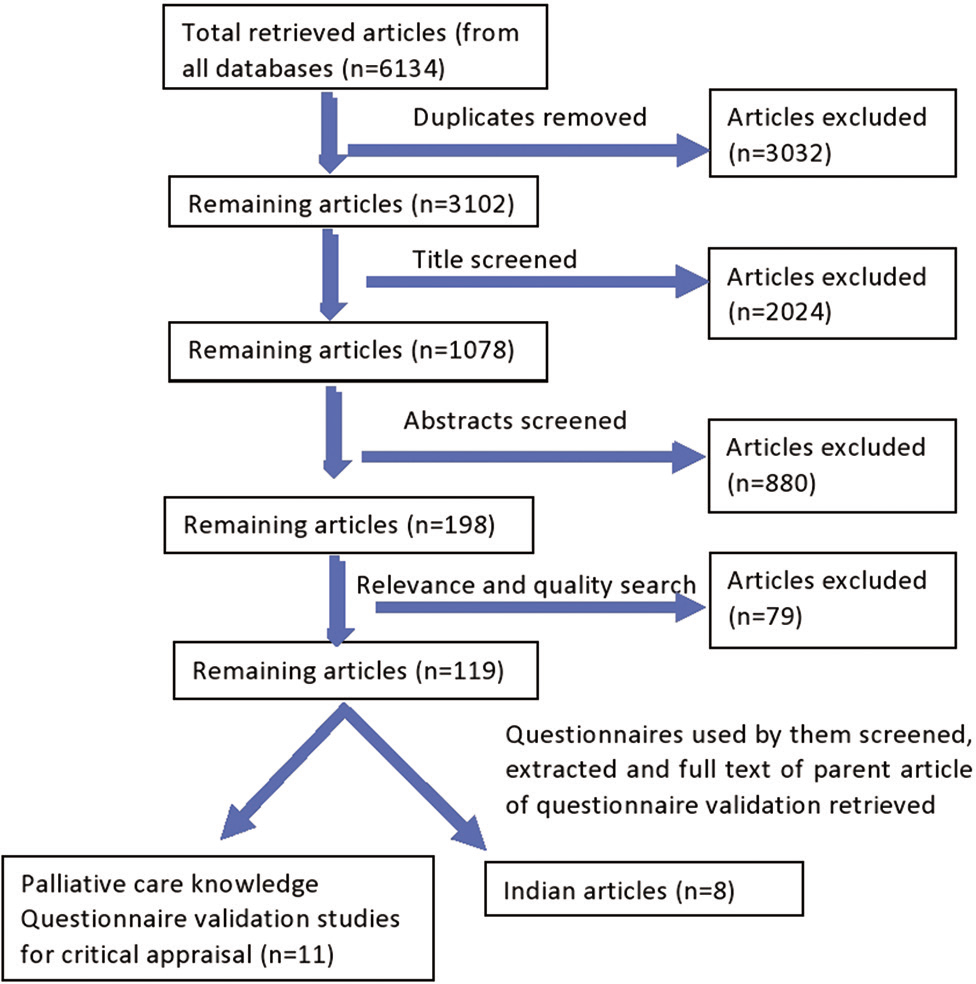What's the Difference Between Hospice and Palliative Care?
Palliative Care Common Questions & Misconceptions Faith Hospice Care

Please ask your health care provider or call the Palliative Care Team . at (603) 650-5402 for answers to your questions. What is palliative care? Palliative care focuses on improving a person's quality of life throughout . the course of serious illness, or after a life-changing injury. Patients often receive palliative care along with
Palliative Care Information in English Stadt Zürich

diagnosis. If you are a primary care patient, your primary care provider will be responsible for your treatment plan. Palliative Medicine providers will manage any medications prescribed by our team. If you have any questions regarding who is responsible for managing a particular medication, please do not hesitate to ask.
Palliative Practice Quiz Palliative care practice questions PALLIATIVE CARE PRACTICE QUESTIONS

Questions and Answers About Palliative Care, Hospice, and the Palliative Care Information Act. Please Note: The Palliative Care Information Act has been amended.Effective January 14, 2013, "attending health care practitioners" will be required to offer to provide information and counseling to terminally ill patients regarding "other appropriate treatment options should the patient wish to.
Rapid assistance & emergencies Stadt Zürich

BRIEF ANSWERS TO SPECIFIC CLINICAL QUESTIONS In advanced cancer, palliative care now plays a role early in the course A: Downloaded from www.ccjm.org on April 24, 2024. For personal use only.. tal; the palliative care unit as a possible solution. Can Med Assoc J 1976; 115:119-121. 2. Higginson I. Palliative care: a review of past changes.
What's the Difference Between Hospice and Palliative Care?

Palliative care requires the regular and formal clinical process of patient-appropriate assessment, diagnosis, planning, interventions, monitoring, and follow-up. Interdisciplinary team: Palliative care presupposes indications for, and provision of, interdisciplinary team evaluation and treatment in selected cases.
palliative care np salary randalgarbin

2 Asking questions can help: An aid for people seeing the palliative care team www.palliativecare.org.au Introduction Palliative care is the active total care of patients whose disease is not responsive to curative treatment. Control of pain, symptoms, and psychological, social and
Surviving your first year as a newly qualified nurse HCL Workforce

Palliative Care Questions and Answers Question Palliative Care Hospice Care Who can receive this care? Anyone with a serious illness, regardless of life expectancy, can receive palliative care Someone with a serious illness and a life expectancy measured in months not years Can I continue to receive treatments
10 Myths about Palliative Care Champlain Hospice Palliative Care Program

Family members and caregivers may wish to sit with the patient, talk, or pray. When the family is ready, the following steps can be taken. Place the body on its back with one pillow under the head. If necessary, caregivers or family members may wish to put the patient's dentures or other artificial parts in place.
Palliative Care Teams Essay [1666 words] Nursing Paper

Palliative care focuses on expert assessment and management of pain and other symptoms, assessment and support of caregiver needs, and coordination of care . Palliative care attends to the physical, functional, psychological, practical, and spiritual consequences of a serious illness . It is a person- and family-centered
Frequently asked questions about palliative care

19. Delirium, Geriatric Palliative Care, Palliative Sedation Page 42 20. Psychosocial and Spiritual Care Page 45 . MD Anderson Hospice and Palliative Medicine Physician Board Review 2021 Q&A Handbook . 2 . Board Review Questions . Pain Management I . Suresh Reddy, MD, Larry Driver, MD & Jaya S Amaram-Davila, MD . 1. A 65-year-old patient with a.
Palliative Care Course for Community Nurses (Basic) APHN

Spiritual aspects of care. Assessing spiritual or religious beliefs, hopes, and fears. 6. Cultural aspects of care. Assessing customs, language, and belief systems. 7. Care of patients at the end of life. Recognizing imminent death, being present, and educating patient and family about what to expect. 8.
The Palliative Care Knowledge QuestionnaireBasic (PCKQB) Development and Validation of a Tool

Defining Palliative Care Provided by a specially-trained . team, palliative care specialists work together with a patient's other doctors to . provide an essential layer of support. Palliative care is based on the needs of the patient, not on the prognosis. It is appropriate . at any age and at any point in a serious illness. and
Nursing Issue/Interest pin Palliative care is a passion of mine because I enjoy seeing the

Questions to Ask About Palliative Care. benefits.pdf€on April 2, 2019. Dunn GP, Pruskowski J, Simonian LK. Palliative care for cancer and treatment-related changes for inpatients. In Hopewood P, Milroy MJ, eds. Quality Cancer Care: Survivorship Before, During, and After Treatment. New York, NY: Springer Publishing
Palliative Care What It Is, Examples, Benefits, More

How palliative care differs from hospice care Although you may hear "palliative care" and "hospice care" used in similar ways, they are not the same. Palliative care is given at every step of the treatment process. It provides an extra layer of support for people with any stage of cancer. Hospice care is a specific type of palliative care.
Palliative Care Care 24

future (advance care planning) Palliative Care services may be provided simultaneously with all other medical treatment, including life-sustaining treatments. Although Palliative Care may sometimes serve as a bridge to hospice, Palliative Care is not itself a hospice. If a patient is ready for hospice enrollment, the social work department can.
(PDF) Frequently Asked Questions about Palliative Care

According to the WHO definition of Palliative Care Palliative care is needed for all life-threatening illness including cancer, end stage renal, liver or heart failure, senility, HIV/AIDS patients and it works by prevention and relief of suffering, hence palliative care should start at the time of diagnosis. Pain in palliative care: 7.
.